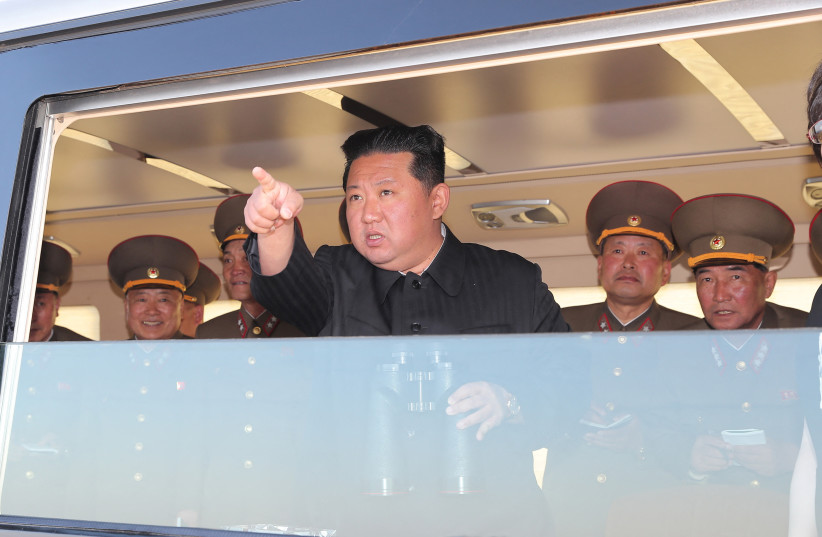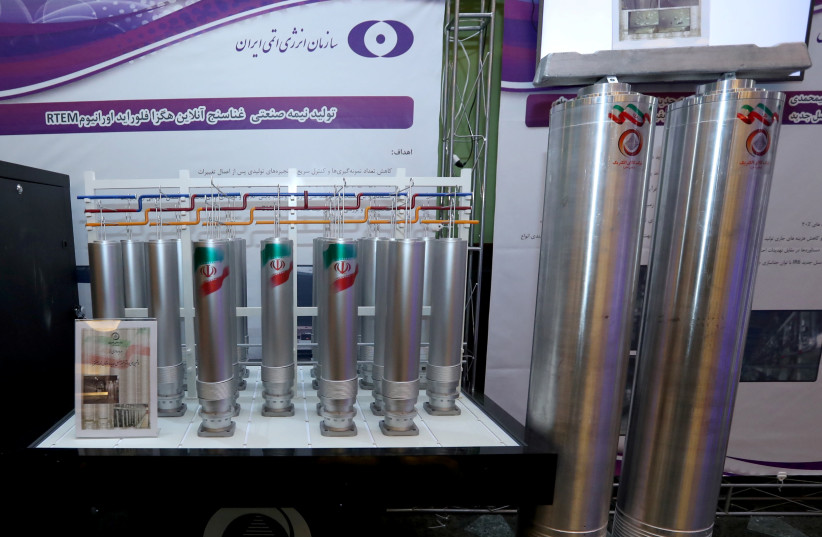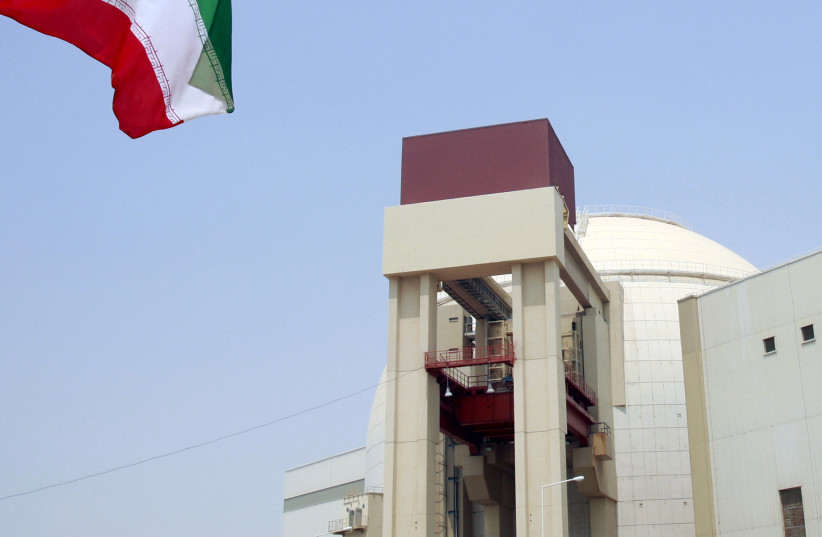North Korea and Iran have made it clear that their nuclear threats are not empty.

A recent article at CNN asked whether it was time to accept that North Korea was a nuclear power. This comes as Pyongyang continues to threaten Asian countries by firing missiles.
The article asserts that since it’s impossible to get North Korea to disarm, another solution should be found. One expert who is quoted asserts that the US should accept Pyongyang as a nuclear state.
This appears to be the model that Iran is also pursuing. The theory of both regimes is that countries won’t stop them from doing what they want. They gamble that if they just keep threatening others with missiles, and eventually nuclear arms, nothing will happen in response. Russia’s recent threats to use nuclear weapons in Ukraine likely puts wind in the sails of both Iran and North Korea.
The argument asserts that a country driving toward nuclear arms cannot be stopped – and that denuclearization is “like chasing a miracle” and is emblematic of the failed approach to Iran’s threats.
The policies put forward by the West generally admit that nothing can be done when countries choose to fire ballistic missiles, when they threaten other countries, or when they build nuclear weapons. This calls into question the whole concept of international relations and the ”rules-based international order.”

Ostensibly, countries were supposed to rely on these “rules” to make it so that countries like Iran or North Korea wouldn’t threaten others. If they did, then the “rules” would kick in.
The Iran deal or JCPOA was predicated on this idea. It was supposed to cut Tehran off from all routes to a bomb and provide “snap-back” sanctions and other repercussions if it did build one. But Iran is enriching uranium anyway and there appear to be no real “rules” that will get in its way. The same story has unfolded with North Korea.
In pursuit of larger artillery
The reason these countries are able to pursue ever-larger missiles and also nuclear weapons is not because they are wealthy and powerful. This isn’t the same as Russia, China or India obtaining nuclear weapons, something that happened in 1949, 1964 and 1998, respectively.
NORTH KOREA and Iran are not world powers. Yet, each of them openly defies the world “order” and each uses the same methods. The analysis on both countries comes to the same conclusion: If they are willing to fire missiles and build nuclear weapons, there may not be much the world can do about it.
The CNN article notes: “Bear in mind, too, that North Korea has staged a record number of missile launches this year – more than 20; claims it is deploying tactical nuclear weapons to field units, something CNN cannot independently confirm; and is also believed to be ready for a seventh underground nuclear test.”
The article says that “all this has prompted a growing number of experts to question whether now is the time to call a spade a spade and accept that North Korea is in fact a nuclear state. Doing so would entail giving up once and for all the optimistic – some might say delusional – hopes that Pyongyang’s program is somehow incomplete or that it might yet be persuaded to give it up voluntarily.”
Considering Iran’s drive for nuclear weapons, it appears that the same exact kind of article can be written about the Islamic Republic. We will be told that it is “delusional” to believe that an Iranian nuclear device can be prevented. Then, after Iran does build or test a device, the assertion will be that it must be appeased throughout the region, because it is “nuclear-armed” and confrontation with it could be the beginning of “World War III.”
This is the same saber-rattling and logic we have heard regarding Russia. The more Moscow threatens or hints at “nuclear” options in Ukraine, the more a chorus develops that argues Kyiv must search for an agreement with its big, invading neighbor.
Tehran appears to be learning from Russia’s invasion and North Korea’s nuclear and missile methodology. Russia’s invasion of Ukraine tore up basic aspects of the “rules-based” order. This has unleashed, or at least fueled, the kind of activity that Iran and North Korea are engaged in.

The one response that is also common across regions threatened by these belligerent powers is that countries are seeking better air defenses and technology.
The Japan Times notes that, “in response to Pyongyang’s record-breaking number of missile launches this year, the United States, Japan and South Korea have stepped up efforts to advance their defense capabilities, with Seoul and Tokyo recently testing new missile interceptors and the US Space Force establishing its first unit in the Indo-Pacific region.”
Ukraine also wants better air defenses. Countries in the Middle East are also rushing to acquire better systems or deploy the latest technologies. This links the three regions – Eastern Europe, the Asia-Pacific and the Middle East – in terms of the threats of Russia, Iran and North Korea.
Content retrieved from: https://www.jpost.com/middle-east/iran-news/article-723430.